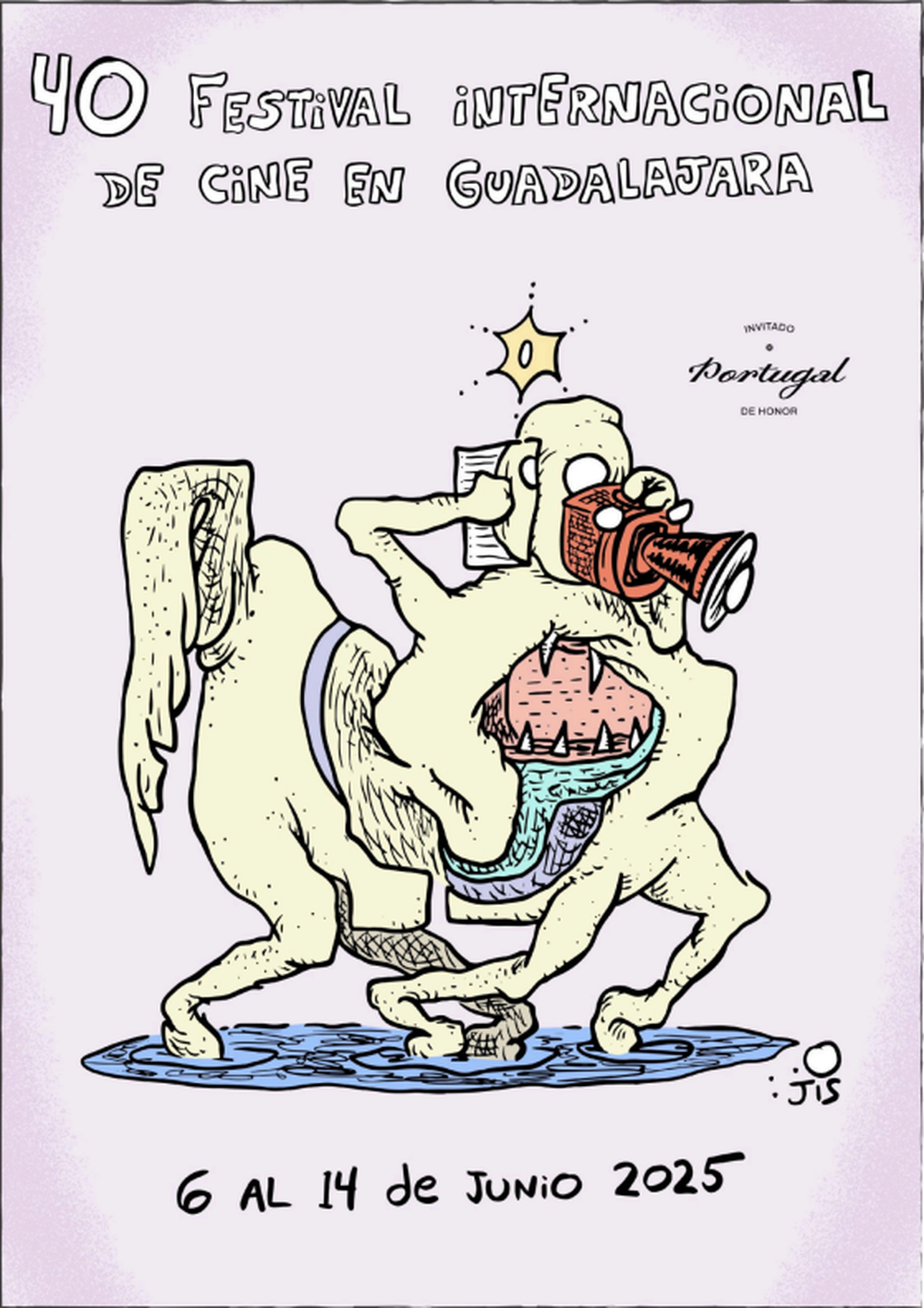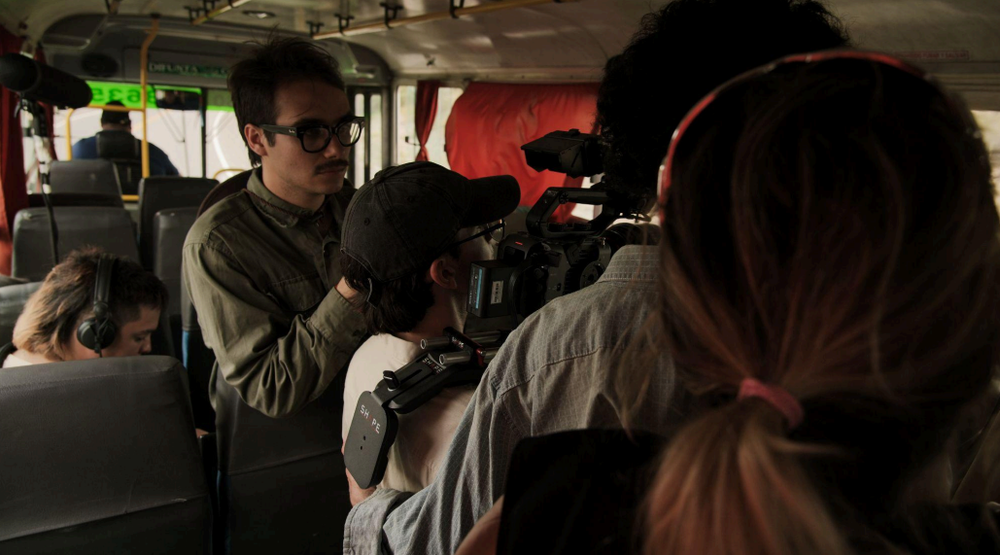A young filmmaker from Mendoza will represent Argentina as a jury member at an international film festival.

Young director Román Ruberti Godoy, a student at ENERC Cuyo, was selected to join the Young Mezcal Jury at the 40th Guadalajara International Film Festival (FICG), which will be held from June 6 to 14 in Mexico.
It is one of the most important Latin American film festivals , and its participation represents not only the National School of Film Experimentation and Production (ENERC), but also Argentina in the international film industry.
The Young Mezcal Jury is composed of film students from around the world, selected for their artistic excellence and critical ability to appreciate and select films with sensitivity and rigor.
40th edition of the Guadalajara International Film Festival (FICG)

Román will share this experience with young filmmakers from prestigious institutions such as the California Institute of the Arts (CalArts), the Centro de Capacitación Cinematográfica (CCC) in Mexico, the Columbia University School of the Arts, and the Centro Sperimentale di Cinematografia in Italy, among others.
Also participating will be prominent figures in international cinema, such as Mimi Plauché, artistic director of the Chicago Film Festival; actress Ilse Salas; and programmer Elena Vilardell.
Román is originally from Mendoza and is currently about to premiere his short film Volver a verte (See You Again), a thesis from the National School of Film Experimentation and Production (ENERC).
This intimate and moving work was filmed in the province of San Juan. Written and directed by him, the film portrays the popular mysticism behind Difunta Correa , from the perspective of Ramona, a 12-year-old girl who, following a family tragedy, goes through a profound crisis of faith.
Along the way, you'll discover this popular figure's mysterious and powerful way of keeping promises. The film was shot in the village of Difunta Correa with the community and starred non-actors. "We believe there is immeasurable potential in the provinces. There are stories, faces, landscapes, and emotions that deserve to be seen on the big screen," he says.
Román Ruberti Godoy

“For me, cinema is a way of being in the world. I'm not interested in it just as a narrative or a technique, but as an experience that moves us, moves us, and transforms us. As Susan Sontag said, 'Instead of a hermeneutics, we need an eroticism of art.' That's it: feeling more than explaining. What matters is not just what is told, but how it feels, how it is seen, how a story is experienced.”
Her relationship with cinema is deeply personal and emotional. “I believe that making films, and also watching films attentively, is a form of resistance. In a world that sometimes seems to lose sensitivity, choosing one's own perspective, an honest poetic approach, is a way of nurturing what we feel. And that resistance often appears in the most intimate places: a moving shot, a small gesture that speaks volumes.”
Román says that when he began writing Volver a verte (To See You Again), he did so from a place deeply connected to his history and that of his region: Difunta Correa, in San Juan. “It's a space with enormous symbolic meaning. And while I was writing it, I felt the influence of Mexican cinema, which dared to film the marginalized, the forgotten, the off-the-map. That's when I realized that we too could tell stories from our places, that our stories also matter, that they are profoundly cinematic,” he concluded.
losandes





